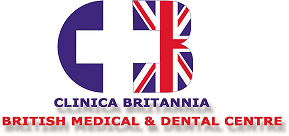|
A Diabetes is an extreme form of blood sugar imbalance. It arises when your body can no longer produce sufficient insulin, a hormone that helps to carry glucose (the breakdown product of carbohydrate) out of the blood and into cells, where it’ s made into energy.From a nutritional point of view, the following factors are most important to help balance blood sugar:
Eat more fibre in wholefoods, particularly soluble fibre found in oats, beans and vegetables. Eat foods which release their sugar content slowly – that means wholegrains, oats, lentils, beans, apples and raw or lightly cooked vegetables. Eat protein with every meal or snack – so have brown rice, potatoes, or pasta with chicken, tofu, lean meat or fish; fruit with a few nuts or seeds; oatcakes with hummus, and so on. Eat oily fish such as wild or organic salmon, mackerel and herring three times a week, and pumpkin or flax seeds, for their omega-3 essential fatty acids. Severely limit refined or processed carbohydrates: don’ t eat white flour or foods made from white flour, biscuits, sweets or cakes. Every day, supplement vitamin C (1g), vitamin E (400mg/600iu), magnesium (400mg), chromium (200mcg) and the essential fats, especially the fish oil EPA. Be aware that supplementing chromium may enhance the effectiveness of the drug you are taking, hence you may temporarily experience a blood sugar low and need to reduce the amount of the drug. Therefore, I advise you to let your doctor know that you want to try this strategy. |

